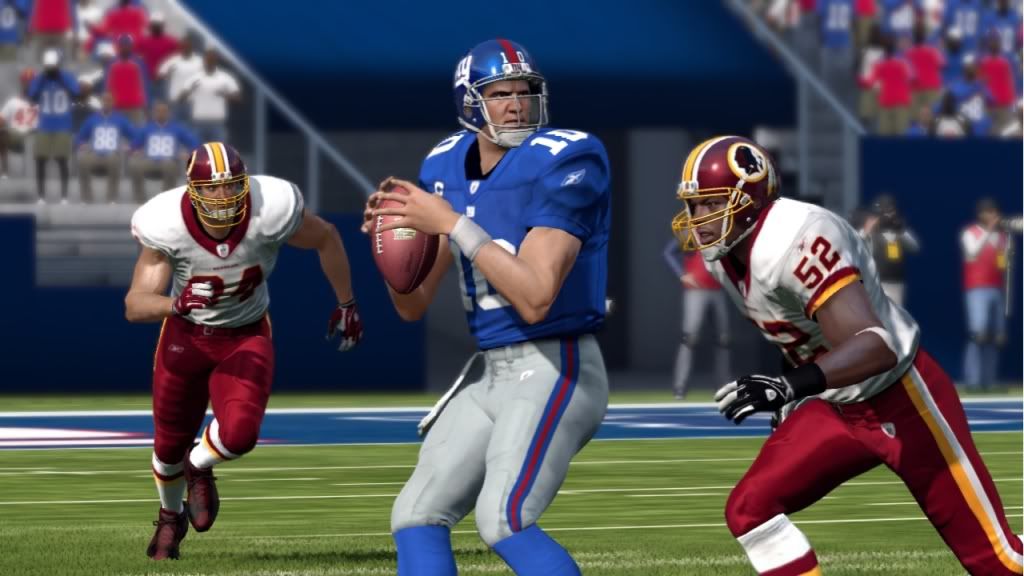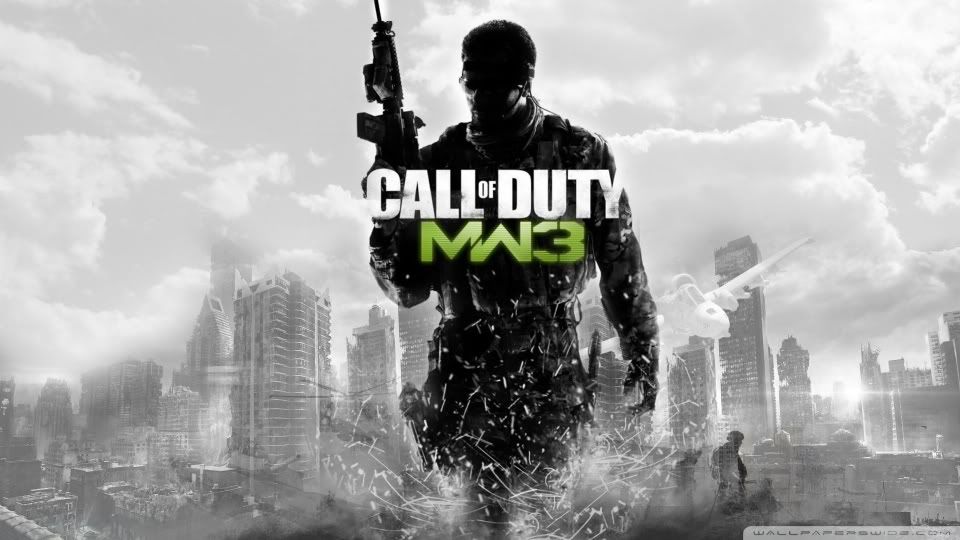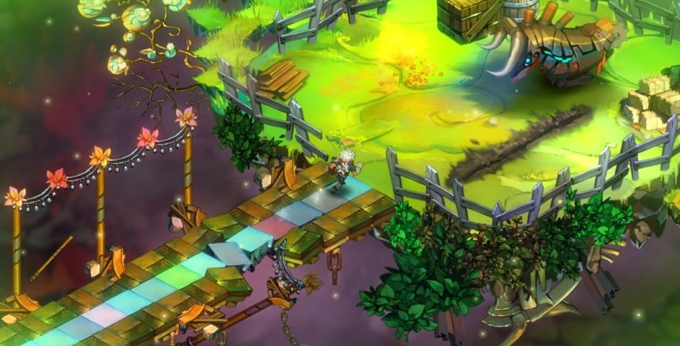This post has not been edited by the GamesBeat staff. Opinions by GamesBeat community writers do not necessarily reflect those of the staff.

When you think of a oligopoly in video games, it’s a simple reference of EA’s Madden series. Not to say the publisher has bought out its competition, but it might as well have by cornering exclusive rights to the NFL license. Another example: THQ's rights to develop WWE games.
This practice already lies within cable companies and big-media conglomerates: Disney (who owns ESPN, ABC), News Corp (Fox, Wall Street Journal), CBS (CW, Showtime), Viacom (MTV, Paramount Pictures), and Time Warner (now merged with AOL). They own and make profits in every media outlet. The bigger they are, the tougher they are to knock down…or compete with.
That’s the issue I also see surfacing in the gaming industry. As local radio stations have trouble getting their names out there, indie and smaller developers have a similar unfair disadvantage: They face increased barriers to recognition.

Activision Blizzard and Electronic Arts are such corporates of hogging the spotlight. As always, the Call of Duty franchise releases each successor annually, with little-to-no dramatic change. And boy, do they sell. Is it the appropriate promotion and advertising, or is it just because Activision (or better yet, the name brand) is slapped on the box?
On a side note, I do enjoy Call of Duty. I'm not hear to trash talk or bring down the prominent series; I'm only worried Battlefield 3 is the only opponent that has come close to breaking into the market.
It’s a merging factor. During these radical times, economically, we see more and more businesses jointing forces and becoming one. I’d like to think otherwise, but I dare say — even though we have three, big game companies duking it out currently — eventually they’ll buy each other out. Okay, I’m splitting hairs and have gone too far. But the gaming proportion will be narrowed down, with less givers and more takers. Sega had a similar fate, pulling out of the console war. Though they’re still up and running, who really wins?

Once in a great while, we recognize a game that seemingly comes out of nowhere. And sometimes, it’s from a company we’ve never heard of. Bastion and Braid are games that I embrace. They brought something different and unique to the table.
This can also result in lack of genres for us gamers. Presently, we’re getting first-person shooters shoved down our throats — mostly military games. Now, I love Skyrim, Left 4 Dead 2, and Portal.Those, in my eyes, are the real winners. But as publishing companies realize what sells the most, they bring repetitious franchises and continue them as if they ran on an assembly line.

Business wise, it’s a smart move; however, every conglomerate has one purpose: to rack in the cash. They could care less about what we, the gamers, want. Why? Because they don’t have to. Without opponents, they can deliver whatever they want, especially if it’s hardly touched or fixed. People will buy, regardless.
I’m grateful for indie developers and how they’re producing games with such imagination. If only it was easier to rise above their corporate rivals…or at least stand on the same stepping stone as those giants. I’d like to say it could very well happen in due time.
And for our sake: More companies making games means more quality, variety, and innovation in the medium.
